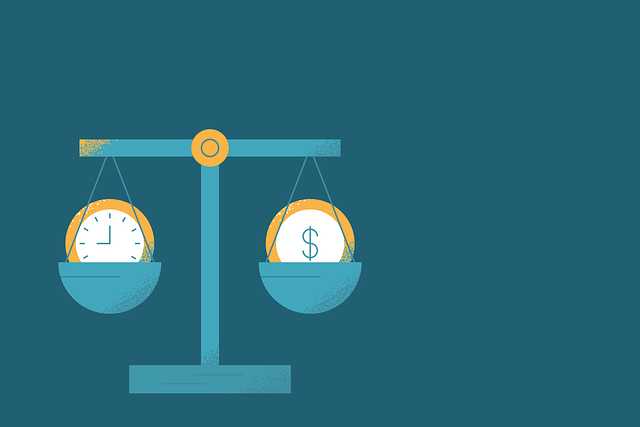Defaulting on a Texas title loan has severe legal and financial consequences, including repossession and increased debt. Lenders follow strict state laws, while borrowers have rights to repayment and reclaiming their vehicle. Exploring alternatives like loan extensions can help mitigate these consequences before defaulting.
In the state of Texas, understanding the implications of defaulting on a title loan is crucial for borrowers. This article delves into the intricate details surrounding this decision, especially considering the unique legal framework. We explore the potential financial repercussions and how defaulting on a Texas title loan might impact your credit score and future borrowing options. Additionally, we offer alternative strategies to avoid default, ensuring informed choices for those facing challenging financial situations.
- Understanding Texas Title Loan Default Laws
- Potential Financial Impacts of Defaulting
- Exploring Alternatives to Loan Default
Understanding Texas Title Loan Default Laws

In Texas, defaulting on a title loan comes with significant legal and financial consequences. When you take out a secured loan using your vehicle’s title as collateral, failing to make payments can lead to repossession of your vehicle. This process allows the lender to sell the vehicle to recover the outstanding debt. The state’s laws regarding title loan defaults are designed to protect both lenders and borrowers, ensuring fair practices while minimizing risks for all parties involved.
Understanding these laws is crucial when considering a Texas title loan or facing default. Lenders must follow specific procedures, including providing clear terms and conditions, accurate disclosure of interest rates, and giving borrowers ample time to resolve delinquencies before repossession. Additionally, the borrower retains some rights, such as the ability to repay the loan and reclaim their vehicle if they meet the lender’s requirements within a certain timeframe. Knowing these defaults and rights is key for anyone exploring Motorcycle Title Loans or considering their Vehicle Equity as a financial option in Texas.
Potential Financial Impacts of Defaulting

Defaulting on a Texas title loan can have significant financial implications that should not be taken lightly. When a borrower fails to repay the loan according to the agreed-upon terms, it triggers a series of consequences. Lenders typically initiate collection procedures, which may include additional fees and penalties for late payment or default. These charges can quickly escalate the outstanding balance, making it harder for the borrower to regain financial stability.
In Texas, as with many states, there are laws in place to protect both lenders and borrowers. However, defaulting still has severe effects. It can damage one’s credit score, making future loan applications more challenging and potentially resulting in higher interest rates if approved. For those relying on their vehicles for income or transportation, such as drivers of semi-trucks, losing the vehicle through repossession could disrupt their livelihood. Therefore, borrowers should consider all alternatives and explore options like loan extensions or refinancing before contemplating defaulting on a Texas title loan.
Exploring Alternatives to Loan Default

When considering whether defaulting on a Texas title loan is worthwhile, it’s crucial to explore alternatives that could mitigate potential consequences. One option to navigate difficult financial situations is to seek loan extension from lenders. Many institutions offer flexible terms and reduced interest rates for borrowers who find themselves unable to repay on time. This can provide some relief and prevent the immediate weight of defaulting.
Additionally, understanding your loan eligibility and the factors influencing it is essential. Lenders perform credit checks as part of their evaluation process, but there might be options available for individuals with less-than-perfect credit. Repairing or improving one’s credit score can open doors to better interest rates and terms in the future. This proactive step could prove beneficial when facing loan repayment challenges, ensuring a more manageable financial path.
While there might be rare circumstances where defaulting on a Texas title loan could seemingly offer a temporary solution, it’s crucial to understand the severe consequences that follow. The state’s laws heavily favor lenders, leading to significant financial impacts for borrowers, including high interest charges and repossession of collateral. Before considering such a step, exploring alternatives like loan renegotiation or seeking debt counseling is essential to avoid the long-term detrimental effects on one’s credit score and overall financial health.






